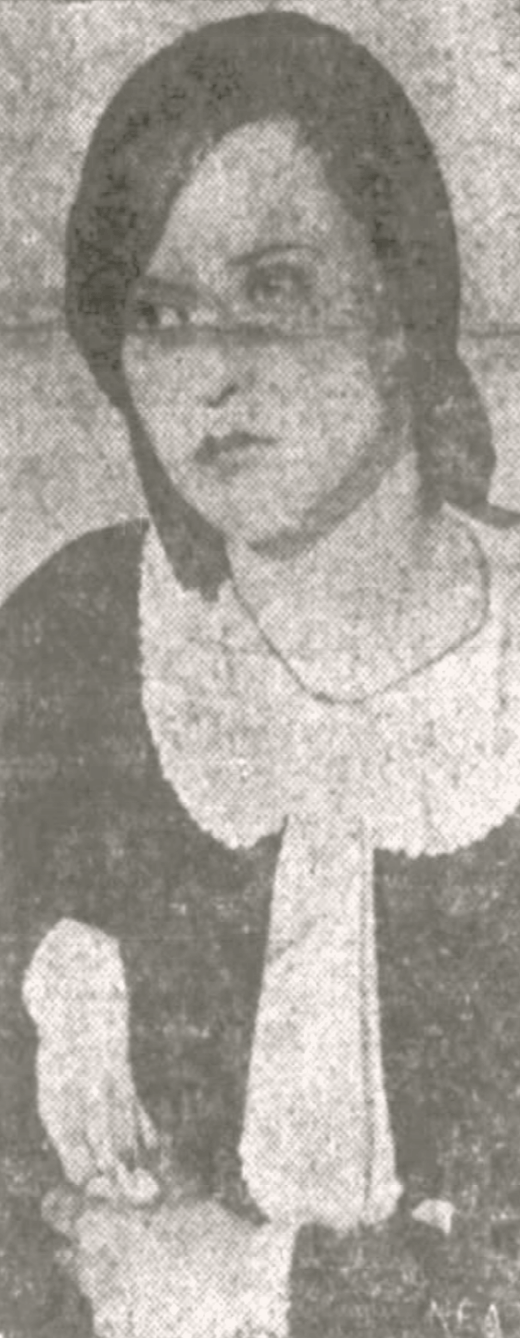Originally published in The Vidette-Messenger of Porter County on February 26, 1946.
Horse Case Irks Court; It’s Ended
By ENG ZIMMERMAN, Sr.
Porter county’s celebrated horse case which has plagued county tribunals for 13 years, was literally thrown out of court Monday afternoon by Special Judge Ira C. Tilton in Porter superior court.
Up for trial for the eighth time the litigation was terminated when an appeal taken from a justice court verdict was dismissed after a motion for a change of venue from the court had been denied.
Back in 1933 Ben Anderson, Chesterton horse buyer, sold a mare to Ben and Vernon Kuehl, Valparaiso RFD 1, and took a $100 note. The Kuehls refused to pay, contending the animal was unsound. Anderson repossessed the mare and started litigation to collect the money.
The Kuehls won five trials, but new trials were granted. One was declared a mistrial because two of the jurors had sat in one of the earlier trials.
The record of the case shows it originated in the latter part of 1934 in a justice of peace court. The Kuehls were adjudged winner, the jury verdict awarding them $25 damages, possession of the horse and consolation of the $100 note. The judgement of the court was challenged by an appeal to the Porter circuit court.
Five Judges Hear Case
From that point on, five judges appeared in the case, three of whom are now dead. The horse died, but left a colt. Various attorneys for the plaintiff died. The court record discloses 41 dates of entries representing 41 court days consumed by the pleadings and various trials of the case.
In the midst of the litigation Anderson was killed in an automobile accident on State Road 49. North of Valparaiso. Mrs. Cora Peterson, of Chesterton, was appointed administratrix of his estate, and continued the litigation.
Court costs at present amount to $225, with $300 being spent for special judges. Fees and expenses of jurors, witnesses and attorneys have resulted in the litigation approximating the $1,000 mark.
In dismissing the cause of action, Judge Tilton assessed the court costs amounting to $225 against the plaintiff, and ordered the county clerk not to cancel or release the bond until all costs have been paid.
In his ruling Judge Tilton scored Indiana’s change of venue law that provides for changes from regular judges and selection of special judges from members of the bar.
The jurist questioned whether persons licensed to practice law possess sufficient qualifications by wisdom of experience and knowledge of the law governing the rights of persons and property, the rules of evidence and of pleading and practice to equip them for the responsibilities of the bench, and assure litigants that their cause of action will be fairly tried and finally determined by a qualified judge.
Judge Tilton pointed out that the general public, including legislators, have inadequate means of acquiring information that would close the door under our present change of venue law, through which “unlearned and unethical members of the bar by nefarious practice make a mockery out of our delay constituted courts of justice, alleviate ill-prepared members of the bar to the bench till of untold sums of taxpayers’ money, and by such practice bring disgrace and ill-repute upon the entire legal profession.”
Charges Stall Tactics
In ruling on the change of venue Judge Tilton charged statements made in the affidavit by Attorney Strom were false, and were offered solely for the purpose of delaying trial of the case. He declared that whatever legal issues may have been between the parties they have ceased to have legal existence at this time because of the long lapse of time. In brief the jurist asserted “there is nothing in this case that is worthy of consideration by this court.”
Objections against the change of venue were filed by Attorney James J. McGarvey, of this city, who has been counsel for the Kuehls through the long-drawn litigation McGarvey contended granting of the change of venue would be a burden upon the citizens and taxpayers of the county and state, and would be contrary to public opinion.
Attorney Strom took exceptions to the ruling of Judge Tilton and intimated he might file an appeal to the supreme court, but this is not considered likely because of the heavy cost involved.


